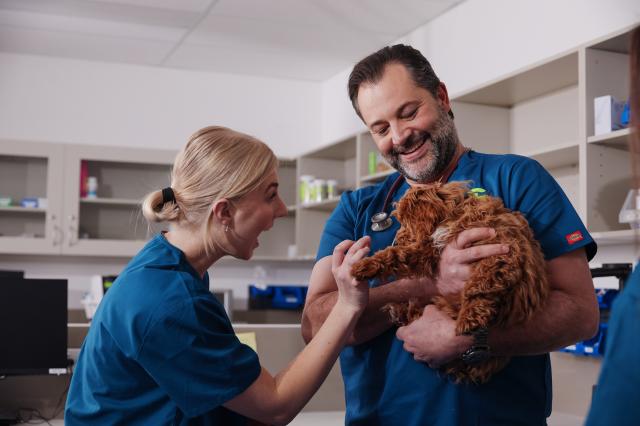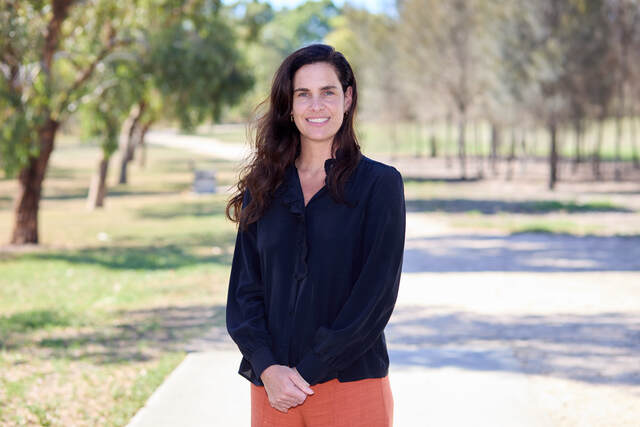A Monash University study into the future of teaching has found almost three-quarters of Australian teachers surveyed report high levels of satisfaction with their Initial Teacher Education (ITE) program.
The findings of a landmark survey of more than 600 teachers, led by the Faculty of Education at Monash University, reveal Australian teachers’ high levels of satisfaction with their ITE programs.
Seventy-three per cent of the surveyed Australian teachers deemed their ITE program as positive with 23 per cent rating it as excellent and 50 per cent as good. Twenty-two per cent rated it as satisfactory and just 5 per cent poor.
Teachers who qualified with a Master of Teaching had the highest level of satisfaction with 30 per cent rating their training as excellent, compared to 22 per cent with an undergraduate teaching qualification or 20 per cent with a Graduate Diploma.
Teachers who trained in Victoria were overwhelmingly happier with their ITE program than their counterparts in other states, with 24 per cent saying it was excellent and 55 per cent saying it was good.
Twenty-three per cent of teachers who trained in NSW rated their ITE programs as excellent, and 48 per cent saying it was good. This compares to 20 per cent of surveyed teachers in Queensland saying it was excellent and 52 per cent said it was good.
An ITE program is a teaching qualification that is accredited by state and territory teacher regulatory authorities using nationally agreed Accreditation Standards and Procedures. ITE programs are subject to government reform to improve the quality of education, support and development for teachers early in their careers, and generate a pipeline of teachers.
Professor Viv Ellis, Dean of the Faculty of Education at Monash University said this research highlights that Australian teachers are generally well satisfied with their ITE programs, despite inaccurate assertions.
“The Australian government and ITE providers alike should be proud of the findings of our survey. The survey results suggest that state and territory regulators are doing a good job too,” Professor Ellis said.
“Rather than focusing on the unsubstantiated claim that teachers are generally dissatisfied with ITE programs, we should instead focus on the willingness and capacity of ITE providers to continually improve these programs.
“There is always room for improvement and further innovation by ITE providers, which the teaching profession is prepared and eager for.”
Miguel Regalo, Monash Education Alum and a secondary school teacher said his ITE program provided him with a broad range of experience across a variety of topics.
“Throughout my ITE experience I studied a variety of topics that provided me with a diverse range of experiences to explore effective curriculum and assessment practices and establish a strong professional foundation. The opportunities to apply the educational research I acquired in class during my practical course work were invaluable and enriched my overall ITE experience.
“While the knowledge I gained has been fruitful in the classroom, I am most grateful for the “academic space” which allowed me to explore my identity as a teacher. I was equipped with the skills to become the inquiring and reflective practitioner that I am today. While my ITE course could not prepare me for every challenge I would encounter as a teacher, it did inspire a love for the profession and marked the first milestone in my lifelong learning journey,” said Mr Regalo.
The survey also revealed that just 35 per cent of Australian teachers say that most of their continuing professional development (CPD) opportunities help to make them a better teacher. And while 68 per cent of teachers reported having at least regular opportunities for CPD, 29 per cent reported having limited opportunities and 3 per cent none at all.
“Given that research is increasingly telling us that teachers can keep on getting better throughout their careers, greater attention needs to be given to providing regular, effective continuing professional development for our country’s teachers,” Professor Ellis said.
“This will require a shift in focus from policymakers – away from the overwhelming emphasis on ITE and towards effective, system-wide CPD that becomes a regular part of teachers’ workload rather than a bolt-on’.”
The findings of this survey, along with a number of other activities undertaken by the Faculty of Education over the last three years, are currently informing the terms of reference for an independent inquiry into the future of the teaching profession that will be announced shortly.
The study was conducted in conjunction with YouGov and included a representative sample of 611 teachers across Australia.
To view the report, please visit: The Australian Teachers’ Survey 2023: Initial Teacher Education and Continuing Professional Development







